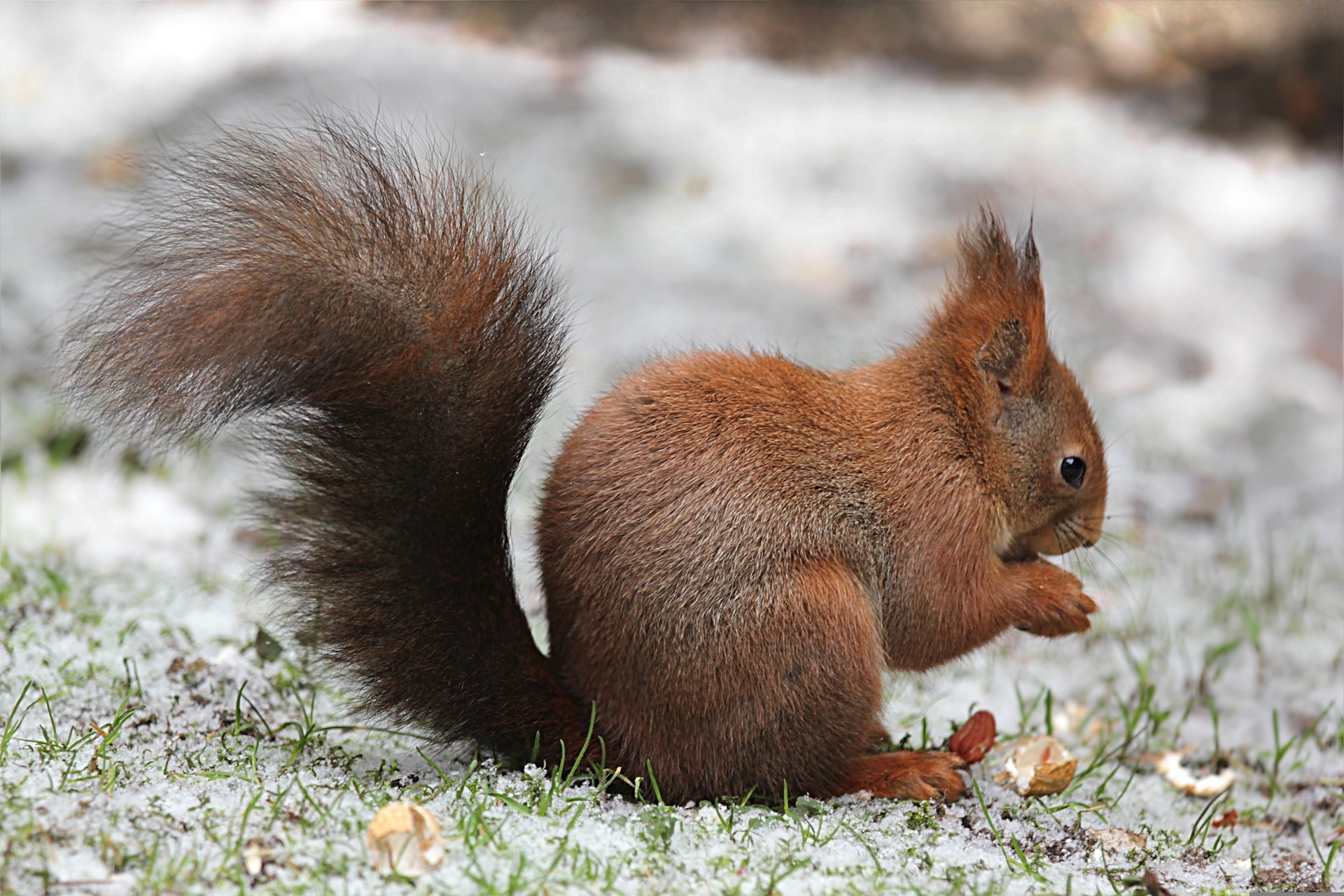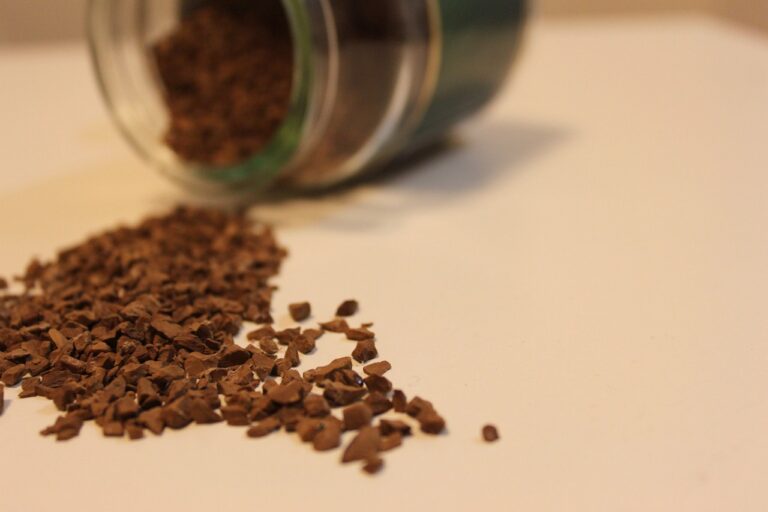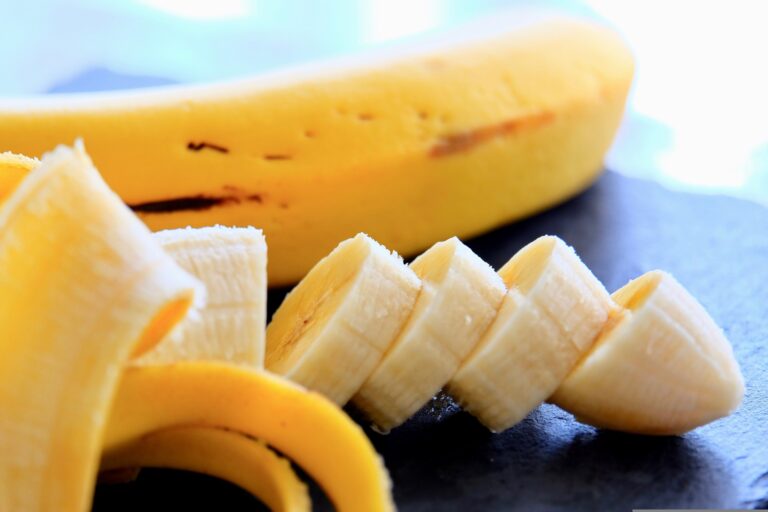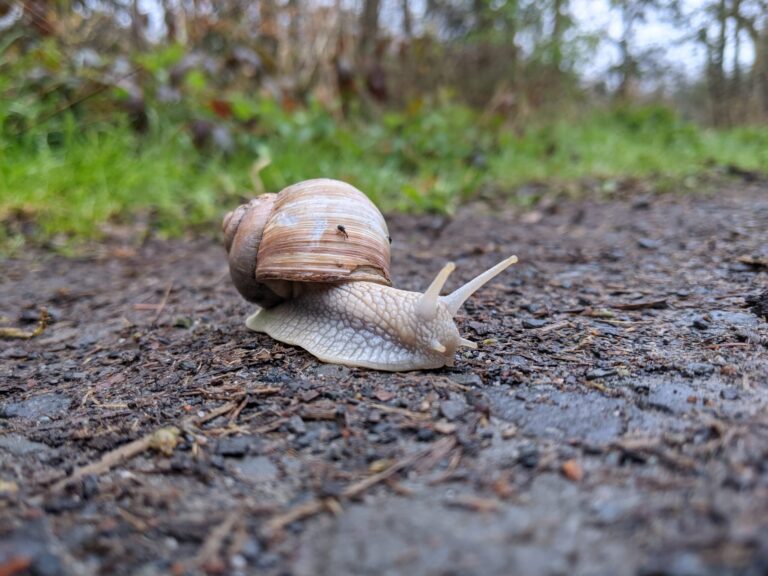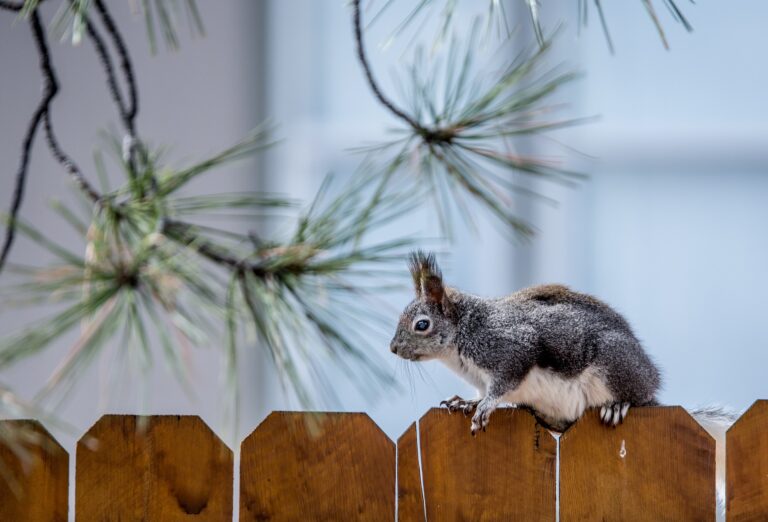If you have a garden, and are plagued by squirrels that keep eating your vegetables, you may have installed chicken wire around your crops to deter the pests from their feasting.
But how effective is chicken wire? Can squirrels climb over chicken wire?
To find out, I’ve put together this short guide to help you understand just how squirrels scale these barriers, and what you can do to keep them out of your yard.
Can Squirrels Climb Chicken Wire?
Squirrels are pretty adept climbers. Squirrels climb up trees, buildings, and fences. So can squirrels climb chicken wire? For the most part, yes.
Chicken wire is relatively thin and not a good deterrent to climbing mammals like squirrels or raccoons, who have perfected the art of climbing anything they come across. But if you’re worried about your bird feeder being raided by pesky rodents, you can keep them off with a little ingenuity and some supplies from your local hardware store!
One way to discourage squirrels from climbing up your chicken wire is to attach large metal spikes on top of it every few feet. These spikes will deter both squirrels and raccoons, who tend to walk along the bottom edge of the fence in order to reach their prey.
If you want something more natural looking, consider weaving thick branches into the chicken wire. You may also want to line any holes in your fence with a heavy-duty material like tin cans or slabs of wood; this will make it difficult for smaller creatures to find footholds.
Keep in mind that all these techniques will only work for so long before squirrels adapt; for maximum efficiency, try changing up where you place these barriers regularly!
Will 1-Inch Chicken Wire Keep Squirrels Out?
1-inch chicken wire will not keep squirrels out. Squirrels can’t climb the wire, but they can jump over it. They can also chew through the wire, or dig under it. However, if you put a 1-inch chicken wire barrier around your entire yard, you may deter squirrels from coming into your yard in the first place.
A better solution is to use 2-inch or 3-inch wire fencing, which should be more difficult for them to get through. The higher the wire is off of the ground, the more effective it will be.
You might also consider installing an electric fence on top of a 2-inch or 3-inch high fence for maximum effectiveness.
In addition to this, you could install smaller fences at various heights throughout your garden that would only require one strand of wire instead of two and these would have taller fences so that they are harder for squirrels to scale.
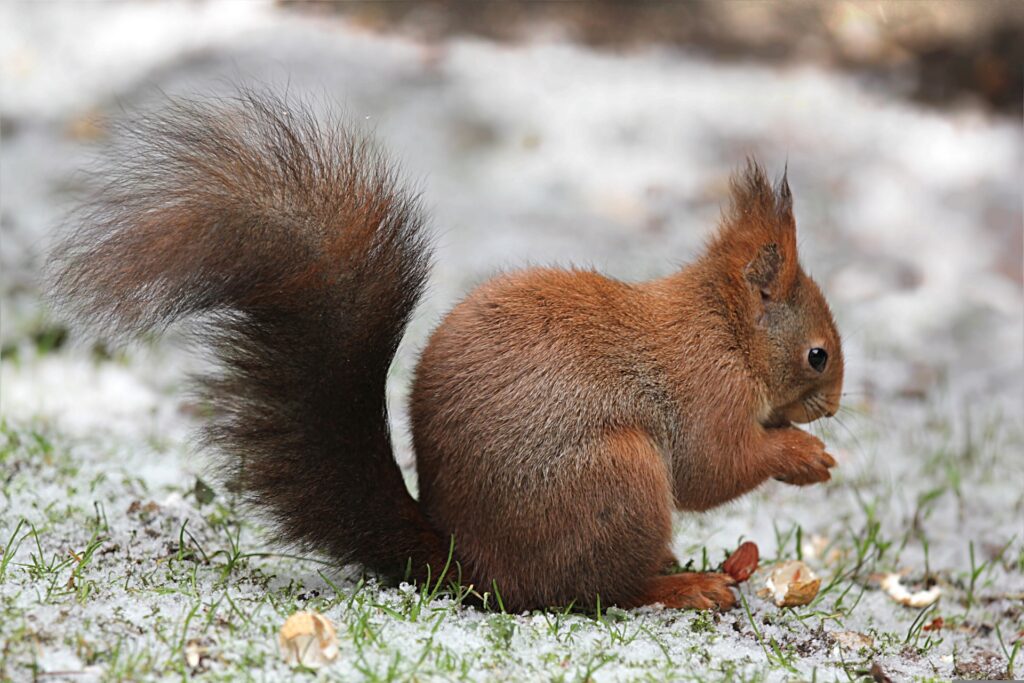
Can Squirrels Get Through Chicken Wire?
The answer is yes, they can! Squirrels are known to be crafty and they can get through chicken wire. They do this by using their claws to attach themselves to the wire like a climber.
They then use their body weight to pull themselves up and over the wire. When climbing, squirrels will often follow a zig-zag pattern which allows them to use different parts of their paws for grasping and also reduces the friction created between their paws and the chicken wire.
Once on top, they flatten out their body so that there is more surface area in contact with the wire while they reach forward to grip it with both hands.
Can Squirrels Chew Through Wire Mesh?
Squirrels are clever animals, but they can’t chew through wire mesh. Wire mesh is designed to keep squirrels from climbing the chicken coop and getting to the birds.
There are a few other ways that you can keep squirrels out of your coop, such as using electric wires or placing chicken wire on top of your fence instead of at the bottom. Electric wires are effective because they provide an unpleasant experience when touched, so it’s unlikely that the squirrel will try again.
But make sure not to forget where you placed them! If the wires get broken for any reason (such as being chewed by an animal), then squirrels will be able to enter your property with ease.
Also Read:- https://plantworksnyc.com/how-do-squirrels-get-water/
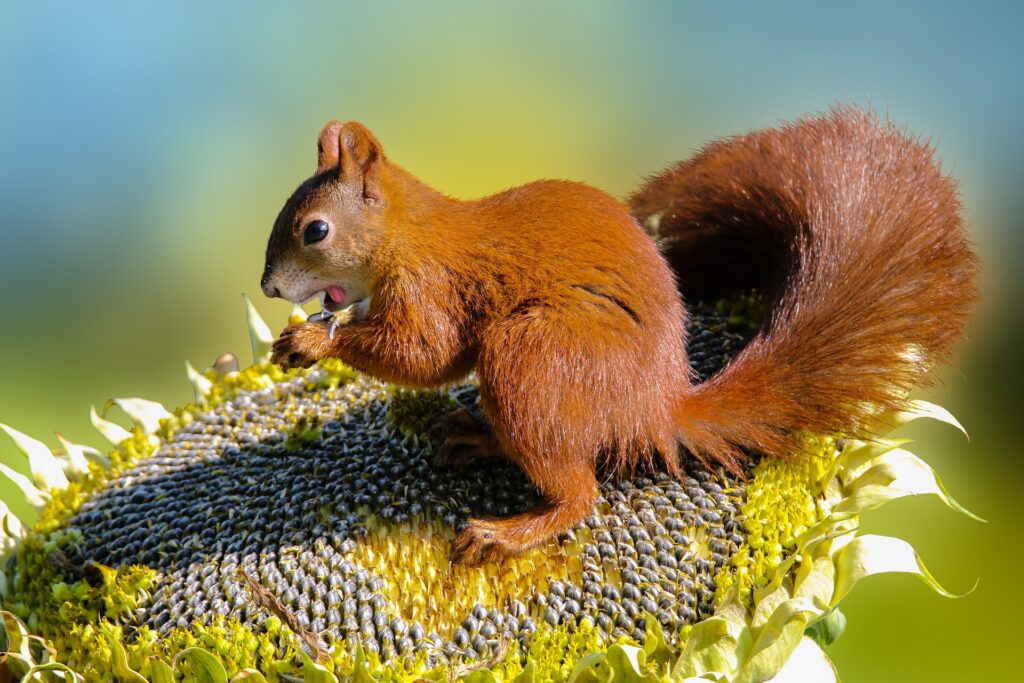
What Factors to Consider When Buying Chicken Wire
When considering the purchase of chicken wire, you should keep in mind that it may only be effective for long-term use. You also need to consider what type of animals are trying to enter your home. For example, can squirrels climb chicken wire? If so, you may want a thicker variety. Here are the list that will narrow down your choices.
Width
Chances are, you’ve seen a squirrel scaling a fence before. But can they climb chicken wire? The answer is both yes and no. It all comes down to the thickness of the wire, the spacing between wires and how it’s anchored to the ground.
For example, if there are spaces in the chicken wire that are too large for squirrels to get their paws through, they will not be able to climb over.
However, if it is too close together or too thin, they may very well be able to make it over by climbing up one side of the wire and jumping to an adjacent section.
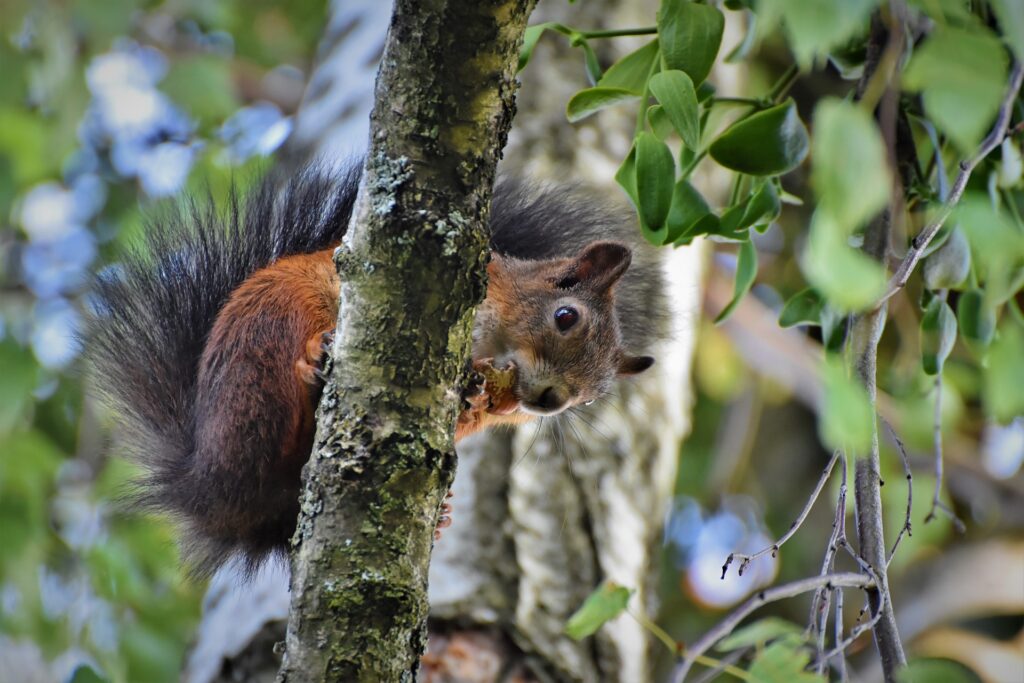
Gauge
The wire used in the chicken wire is measured by a gauge. The more the gauge number, the thinner and more flexible the wire will be.
These are usually referred to as 19-gauge or 22-gauge. 19-gauge wire is good for most purposes and is easier to bend. 22-gauge wire can be harder to bend, but it’s stronger and more durable.
It’s also a better choice if you have an animal that likes to chew on things because it has less of a chance of breaking than thicker gauges. For example, 1/2 mesh requires at least 20-gauge wire, which is very stiff./h
Mesh size
Chicken wire is commonly used to keep small animals out of an enclosed space. The chicken wire can be made from any type of metal or plastic and there are various sizes available.
The Mesh Size of chicken wire is typically measured in squares per inch (2.5 cm per square). The smaller the number, the more closely spaced the squares, making it more difficult for small creatures to fit through.
The size of the mesh will depend on what animal you’re trying to exclude. For example, if you have birds nesting on your property, you would want the opening size to be smaller than for exclusion purposes.
Material
The best material for chicken wire is galvanized steel. This is because it is the strongest and most durable of the three types. Additionally, it can withstand a lot of weight.
The wire mesh size should be no smaller than 1/2 inch square to keep squirrels out, but you can use a variety of different materials for this purpose.
For example, when using plastic mesh or cloth fences to deter squirrels from climbing, these materials are typically between 2-3 inches wide.
However, when using fencing with vinyl coated wires (as an example), the mesh can be as small as 1/4 inch in width without sacrificing durability or strength.
Summing Up!
Squirrels are a common nuisance in many parts of the country.
They’re abundant, adaptable, and seem to be getting bolder. It’s hard to believe that such a small animal can cause so much trouble for humans but squirrels are known for their ingenuity.
One of their favorite ways to get into your home is by climbing up a chicken wire fence and scooting down on the other side. So how do you keep squirrels out of your backyard?
For this, you need to choose the right chicken wire keeping in consideration squirrels such as material, gauge, etc
If sometimes squirrels can not climb wire, they can climb trees with branches close to the ground. They usually do this in order to jump from the tree to a wire and get up on top of it.
It is possible for them to go over a fence if they are able to climb it and grab onto the chicken wire.
Meet Tomas Clayton, a seasoned plant gardener who has been passionate about horticulture since he was a child. Tomas John developed a love for the natural world and a strong appreciation for the beauty of plants while growing up on a farm.

